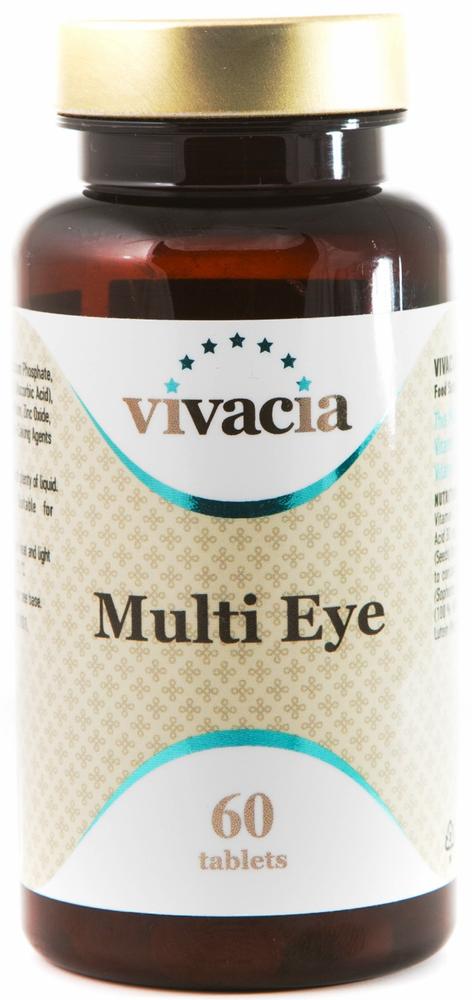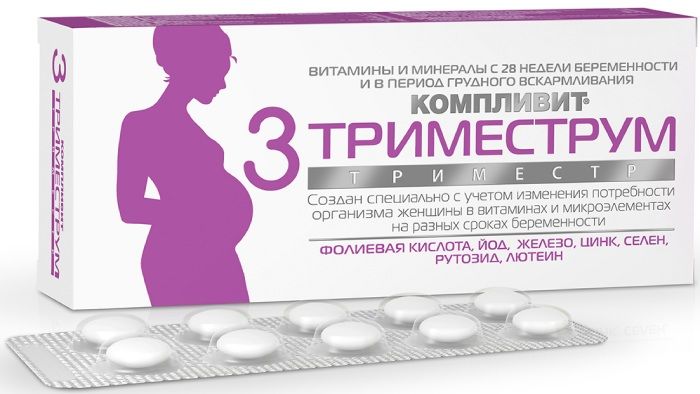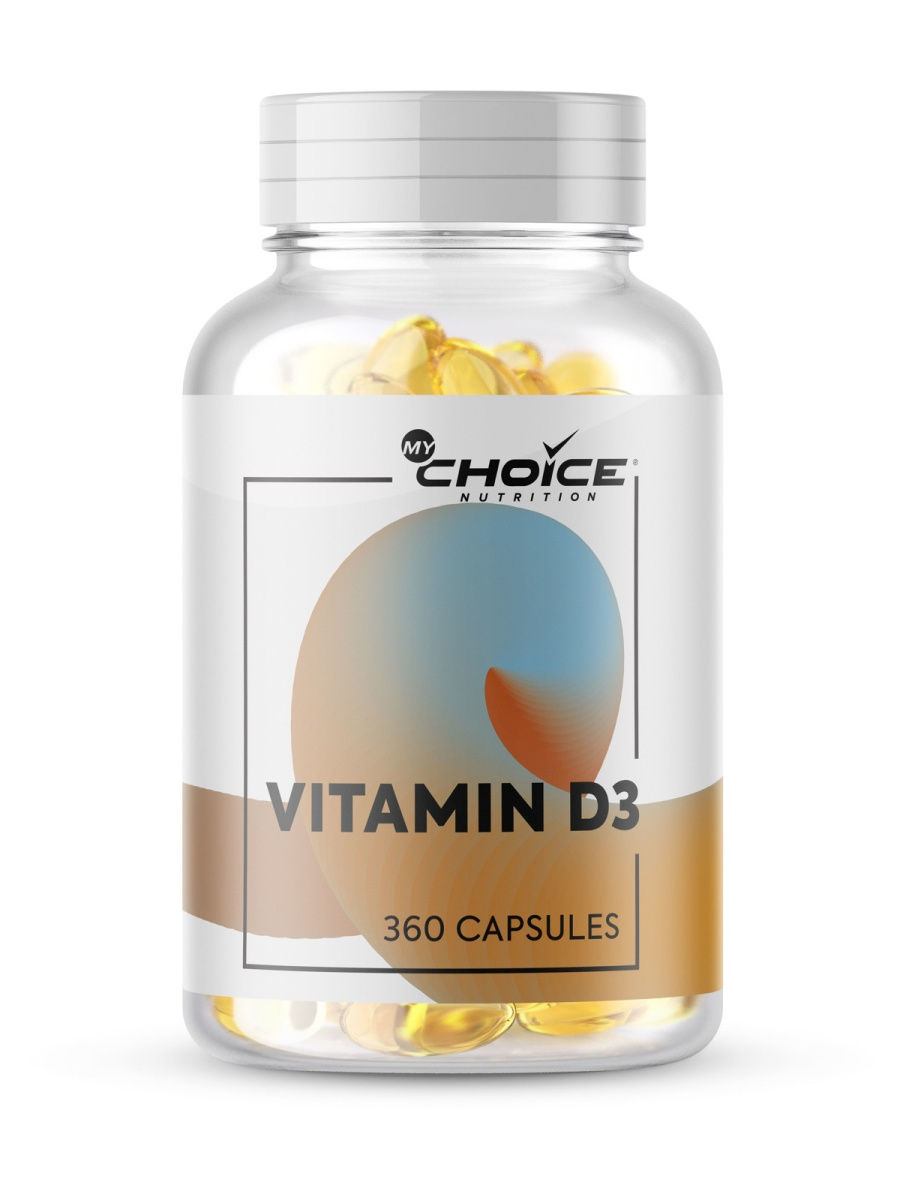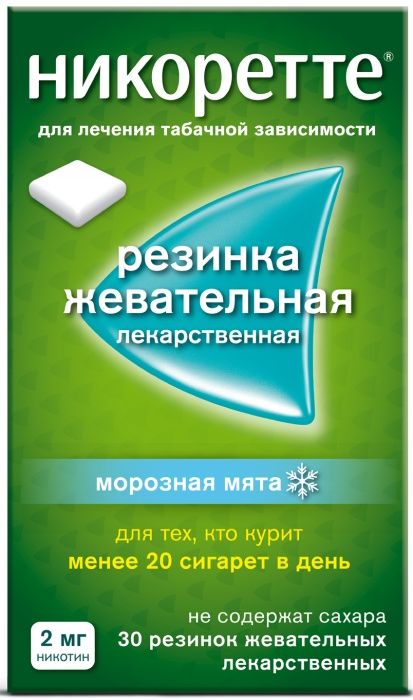- No products in the cart.
Complivit trimestrum pi n / v 30 pcs 3 trimester
Ecco + beer yeast 0.45g tab 60 pcs sulfur containing amino acids cysteine, methionine-effect
$5.31

Vivacia Vitamins for Eye Multi Eye Table 60 pc
$14.67
$16.27
Complivit trimestrum pi n / v 30 pcs 3 trimester
Description
Composition
Active substance:
1 tablet contains: Vitamin A 1200me; Vitamin E 12 mg; vitamin B1 1.5 mg; B2, 2.1 mg; B6 3 mg; Vitamin C 70 mg; 16 mg nicotinamide; Folic-ta 0.26 mg; calcium pantothenate, 10 mg; B12 1.5 mcg; Vitamin D3 200me; Rutoside 25 mg; tiokotovaya-ta 0.5 mg; Lutein 2 mg, 15 mg iron; manganese 1.5 mg; 1 mg of copper; 8 mg zinc; Magnesium 15 mg; 50 mg of calcium; Selenium 90 mcg; Iodine 0.1 mg.
Excipients:
Talc – 7 mg, potato starch – 35 mg citric acid (in the form of citric acid monohydrate) – 7.7 mg, povidone (polyvinylpyrrolidone, low molecular weight, povidone K-17) – 16 mg, kollikoat® Protect (Macrogol polyvinyl alcohol copolymer and 55 -65%, polyvinyl alcohol 35-45% silica 0.1-0.3%) – 0.22 mg calcium stearate – 7 mg, sucrose (granulated sugar) – 68.735 mg.
shell composition: Sucrose (granulated sugar) – 400.824 mg Titanium dioxide – 24.7 mg Talc – 26.3 mg beeswax – 0.79 mg, acacia gum (gum arabic) – 2,486 mg, shellac – 4.9 mg.
Description:
Round biconvex tablets, film-coated white or almost white. The cross-sectional core brown color with red, yellow, blue and white patches.
Product form:
Film-coated tablets.
10 tablets in blisters. 3 blisters together with instructions for use in a stack of cardboard.
Contraindications
– Hypersensitivity to the drug. – Children up to age 14 years. – hypervitaminosis A, hypervitaminosis D, increased calcium and iron in the body, urolithiasis, B12-deficiency anemia. – Lack of sucrase / isomaltase, fructose intolerance, glucose-galactose malabsorption.
Indications
Prevention of deficiency of vitamins and minerals that make up the product: – during the third trimester of pregnancy (from 28 weeks gestation until delivery); – during the period of breastfeeding.
Interaction with other drugs
The preparation contains iron and calcium, however retards the intestinal absorption of tetracycline antibiotics and fluoroquinolone derivatives.
With simultaneous use of ascorbic acid and sulfonamides short action increases the risk of crystalluria.
Antacids containing aluminum, magnesium, calcium, and colestyramine, reduce the absorption of iron. With simultaneous use of diuretics group thiazides increases the likelihood of developing hypercalcemia.
Overdose
No cases of overdose have been reported.
Symptoms of overdose include nausea, vomiting, weakness, gastro-intestinal disorders.
In case of overdose, seek medical attention.
Treatment: temporary discontinuation of drug, gastric lavage, administration of activated charcoal inside, symptomatic treatment.
pharmachologic effect
Pharmacological group:
Multivitamin + Minerals means.
Pharmacological properties:
The combined multivitamin preparation with micro- and macroelements, compatibility of components in one tablet provided with special technology production of vitamin-mineral supplements.
This vitamin-mineral complex designed specifically to changing needs of the body of woman in vitamins and trace elements at different stages of pregnancy. Effect of the drug Complivit® Trimestrum 3 trimester due to the effects of its constituent components:
Vitamin A (retinol) – is required for bone growth, normal reproductive function, for the regulation of cell division and differentiation of epithelium as well as for the normal function of the retina. Retinol is involved in the formation of the visual organ and bone during fetal development.
Vitamin E (alpha-tocopherol) – has an antioxidant effect: inhibits oxidation reactions of free radicals and unsaturated fatty acids, prevents the formation of peroxides, damaging cell membranes. It promotes normal growth and development of the fetus.
B vitamins play an important role in metabolism, necessary for the proper formation of organs and systems of the fetus and the development of the central nervous system.
Vitamin B1 (thiamine) – plays an important role in protein, carbohydrate and fat metabolism, as well as in the processes of neural excitation at synapses. Involved in carbohydrate metabolism and in the synthesis of nucleic acids, proteins and lipids.
Vitamin B2 (riboflavin) – regulates redox processes involved in tissue respiration, carbohydrate, protein and fat metabolism, as well as in the synthesis of hemoglobin and erythropoietin. It is essential for normal growth and development of the fetus.
Vitamin B6 (pyridoxine) – participates in metabolism; necessary for normal functioning of the central and peripheral nervous system. Improves absorption of magnesium in the gut, which helps in the prevention of deficiency during pregnancy.
Nicotinamide (Vitamin PP) – is involved in the metabolism of fats, proteins, purines, tissue respiration.
Vitamin B12 (cyanocobalamin) – participates in many metabolic processes required for DNA synthesis. Cyanocobalamin is involved in the formation of the myelin sheath of nerve fibers of the component; cyanocobalamin at deficiency during pregnancy the fetus may slow the formation of the myelin nerve sheath. Increases the resistance of erythrocytes to hemolysis. It enhances the ability to regenerate tissues.
Folic acid – is involved in the synthesis of amino acids, DNA and RNA stimulates erythropoiesis. Folic acid reduces the risk of complications during pregnancy, developing on the background of deficiency of folic acid intake: preterm labor, premature detachment of the placenta.
Calcium pantothenate – pantothenic acid drug – which plays an important role in metabolism: involved in carbohydrate and fat metabolism, in the synthesis of acetylcholine and steroid hormones; accelerates regeneration.
Vitamin C (ascorbic acid) – participates in the regulation of redox processes, carbohydrate metabolism, blood coagulation, tissue regeneration; increases resistance to infection. The need for vitamin C increases in the 3 trimester of pregnancy. Restores deficiency of vitamin C helps to prevent premature termination of pregnancy due to pathological conditions, developing on the background of ascorbic acid deficiency.
Vitamin D3 (Kolekaltsiferol) – participates in the regulation of calcium-phosphorus metabolism, increases calcium absorption in the intestine and the reabsorption of phosphate in the kidneys. Promotes bone mineralization and formation of skeleton and teeth in children, is essential for normal functioning of the parathyroid glands. Kolekaltsiferola deficit can lead to rickets in children, osteomalacia and osteoporosis in pregnant often occurs during breastfeeding.
Rutoside (rutin) – angioprotective exerts effects: reduces the filtration rate in the capillaries and their permeability to proteins. In the presence of venous insufficiency, lymphostasis reduces swelling of lower limbs.
Thioctic acid (lipoic acid) – plays an important role in the energy balance of the body, is involved in the regulation of lipid and carbohydrate metabolism, has lipotropic and antioxidant effect, improves liver function also improves the nutrition of nerve cells.
Lutein – carotenoid necessary for normal functioning of the retina eyes. Protect eyes from damage occurring due to exposure to ultraviolet light, the retina is a component of the antioxidant system and protects retinal photoreceptors from oxygen radicals produced during adverse effects of radiation on the eyes of different origin.
Iron – is involved in erythropoiesis; It is an important part of hemoglobin, providing the transport of oxygen to the tissues. It prevents the development of iron deficiency anemia during pregnancy and its consequences in infants – a violation of adaptation of the system and increased morbidity.
Manganese – plays an important role in the metabolism of the cells included in the active site of many enzymes involved in protecting the body from the harmful effects of peroxy radicals. Violation of manganese balance in fetoplacental system at pregnant women leads to disruption of the ossification processes in the bony system of the fetus, leading to intrauterine growth and its lag in physical development of children during the first year of life.
Copper – essential for normal absorption of iron, the formation of connective tissue, blood cells. Restores copper deficiency during pregnancy is necessary for the prevention of fetal growth retardation associated with a deficiency of copper intake.
Zinc – is involved in the metabolism and stabilize cell membranes. It is part of the key enzymes involved in a variety of biochemical reactions. Zinc stimulates the regeneration of the skin and hair growth, but also has immunomodulatory effects. Zinc is involved in the division and differentiation of cells, is essential for the prevention of fetal growth disorders, developing on the background of consumption of zinc deficiency. Additional zinc consumption improves perinatal outcomes.
Magnesium – reduces the excitability of nerve cells, it is involved in many enzymatic reactions. Magnesium is involved in the formation of muscle and bone tissue, as well as protein synthesis. Replenishes magnesium deficiency that occurs during pregnancy and increases the risk of premature termination of pregnancy, intrauterine growth retardation, the development of late gestosis.
Calcium – is involved in bone formation, blood clotting, in nerve conduction and muscle contraction regulation, including in the maintenance of stable cardiac activity. Calcium reduces the risk of complications caused by calcium deficiency, including those occurring during pregnancy and lactation (reduced density and strength of bone tissue, bone pain and muscle pain, leg cramps, carious lesions of teeth, hypertension, palpitations) . Calcium is essential for bone and tooth formation, nervous system, heart and muscles of the fetus and newborn, its use helps prevent rickets in infants.
Selenium – a trace element that is part of all body cells. It provides antioxidant protection of cell membranes, potentiate the effect of vitamin E. Selenium is needed for the functioning of the immune system and the maturation of fetal lung surfactant system.
Iodine – is necessary for the synthesis of thyroid hormones and normal thyroid function; involved in lipid and protein metabolism. It reduces the risk of complications during pregnancy, developing on the background of iodine deficiency: preeclampsia and preterm delivery. It prevents the occurrence of fetal congenital malformations of brain development, the formation of thyroid disorders, musculoskeletal system, delays in physical and mental development.
Pregnancy and breast-feeding
The drug is recommended for use during the period from 28 weeks of pregnancy and to the birth, and during breastfeeding at the recommended dose of 1 tablet per day. It is necessary to take into account the additional intake of vitamins A and D in order to avoid overdose.
Conditions of supply of pharmacies
Without recipe.
side effects
May cause allergic reactions.
You may experience nausea and vomiting. Such phenomena may be caused as the pregnancy itself and individual sensitivity to the incoming of the vitamin-mineral complex gland. At occurrence of nausea recommended to take the drug in the second half of the day immediately after meal with a sufficient amount of water.
special instructions
Purpose of the complex does not replace a balanced diet during pregnancy and lactation.
Not recommended simultaneous use of other multivitamin complexes avoid overdosing.
In the third trimester of pregnancy daily dose of retinol (composed of the drug) should not exceed 3000 IU.
Perhaps staining of urine a bright yellow color that is completely harmless and is due to the presence of the drug in the composition of riboflavin.
The effect on the ability to operate vehicles, machinery
There are no data on the effect of the drug on the rate of psychomotor reactions when driving and working with the exact mechanisms.
Storage conditions
At temperatures above 25 ° C.
Keep out of the reach of children.
Dosing and Administration
Prior to use, consult with your doctor.
The inside is not liquid, during or immediately after meals, of 1 tablet 1 per day, squeezed 1 / 2-1 glass of water (100-200 ml).
In the absence of specific recommendations, the doctor advised to take Complivit® Trimestrum 3 trimester during the third trimester of pregnancy (from 28 weeks before delivery), as well as during breastfeeding.
Information
Appearance may differ from that depicted in the picture. There are contraindications. You need to read the manual or consult with a specialist
Additional information
| Weight | 0.100 kg |
|---|---|
| Manufacturer | Complivit |












There are no reviews yet.